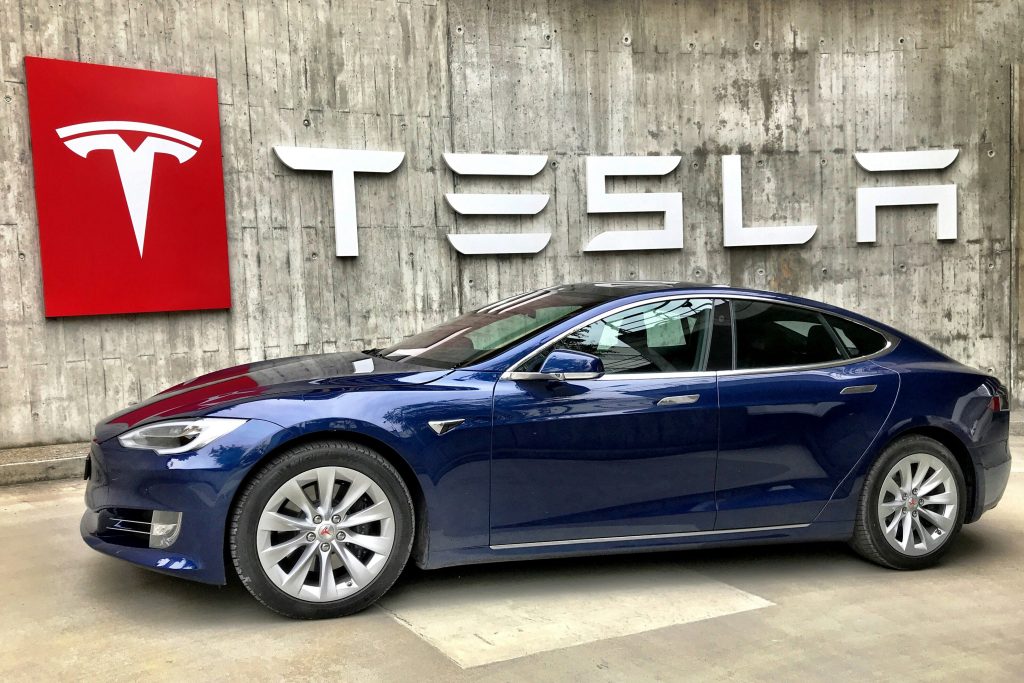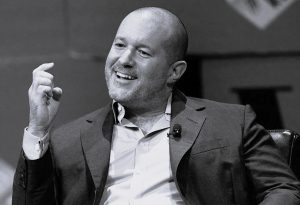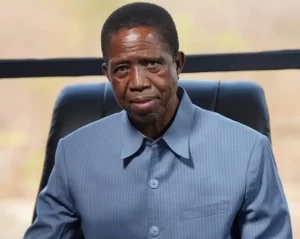Tesla is ‘not interested’ in producing cars in India – minister
3 min read
Tesla has no plans to manufacture in India despite government incentives, confirms Indian minister.
Tesla, the electric vehicle (EV) company led by billionaire Elon Musk, has reportedly decided not to set up manufacturing operations in India, according to the country’s heavy industries minister. This development marks a significant update in the long-standing dialogue between India and the EV giant over potential investment.
Speaking to reporters on Monday, HD Kumaraswamy, India’s Minister for Heavy Industries, stated that Tesla is not interested in manufacturing cars in India despite the government’s efforts to court the company through a newly launched incentive scheme aimed at global EV makers.
The announcement coincided with the Indian government’s release of detailed guidelines for a policy designed to attract EV manufacturers with reduced import duties and financial incentives. Under the scheme, foreign EV makers are required to invest at least $500 million and begin local production within three years to benefit from lower tariffs.
However, Kumaraswamy confirmed that Tesla’s plans in India are limited to retail operations. “Tesla will open two showrooms in India and establish a retail presence,” he said. “But in terms of manufacturing, we’re not expecting them. Mercedes Benz, Skoda-Volkswagen, Hyundai, and Kia have shown interest, but not Tesla.”
Missed Rounds of Talks
An unnamed government official also told the Press Trust of India (PTI) that a Tesla representative had attended the first round of stakeholder discussions related to the EV manufacturing policy but was absent in the second and third rounds—a sign of the company’s declining interest.
The revelation is notable as it marks the first public acknowledgment from Indian authorities that efforts to draw investment from Tesla have not succeeded, despite months of policy adjustments and high-level discussions.
Political Context and Market Concerns
The lack of interest from Tesla comes shortly after former U.S. President Donald Trump expressed concerns about the company opening a factory in India, calling such a move “unfair” to the United States during a February speech.
Tesla has previously attempted to enter the Indian market but faced roadblocks. In 2022, plans to set up a base in the country were shelved when the Indian government insisted Tesla must produce its vehicles locally. Musk had instead proposed starting with imports to gauge demand—an idea New Delhi rejected.
In 2023, Musk expressed a more cautious stance, saying he was still “trying to figure out the right timing” to invest in India. He later met with Prime Minister Narendra Modi in Washington, D.C., where they discussed the “immense potential” for collaboration in technology and innovation. Despite that optimism, Tesla’s manufacturing plans have not materialized.
Challenges in the Indian Market
Analysts have pointed out several reasons why Tesla might be hesitant to manufacture in India:
-
High price sensitivity among Indian consumers: Tesla’s base models are often twice the cost of locally manufactured EVs.
-
Underdeveloped charging infrastructure and poor road conditions may limit adoption.
-
EVs currently make up less than 3% of all passenger vehicle sales in India.
India’s EV market is currently dominated by Tata Motors, which holds over 60% market share, followed by MG Motors (a joint venture between JSW and a Chinese partner) with about 22%.
Global Pressures on Tesla
Tesla is also dealing with intensifying global competition, especially from Chinese EV manufacturers like BYD. The company’s sales have recently taken a hit. In the first quarter of 2025, Tesla reported its lowest sales figures in three years, attributed partly to a backlash against Elon Musk’s association with Donald Trump’s administration.
Last week, Musk stepped down from his government advisory role, a move possibly aimed at distancing himself from political controversy as the company navigates a shifting EV market.








